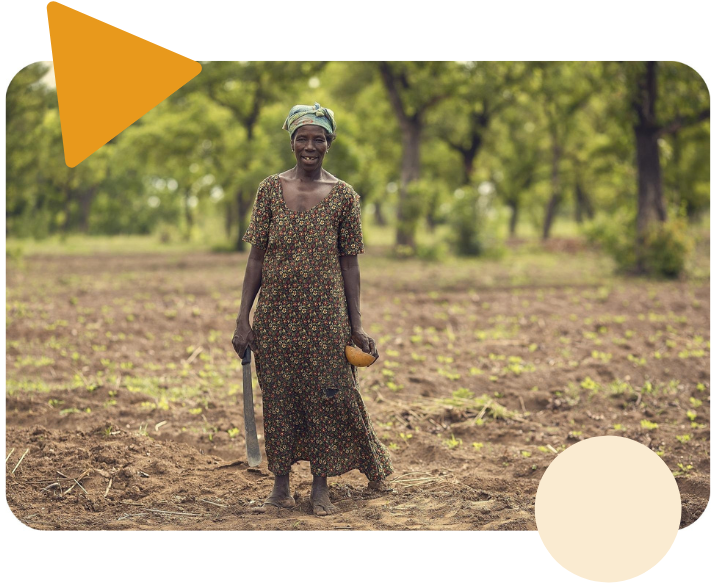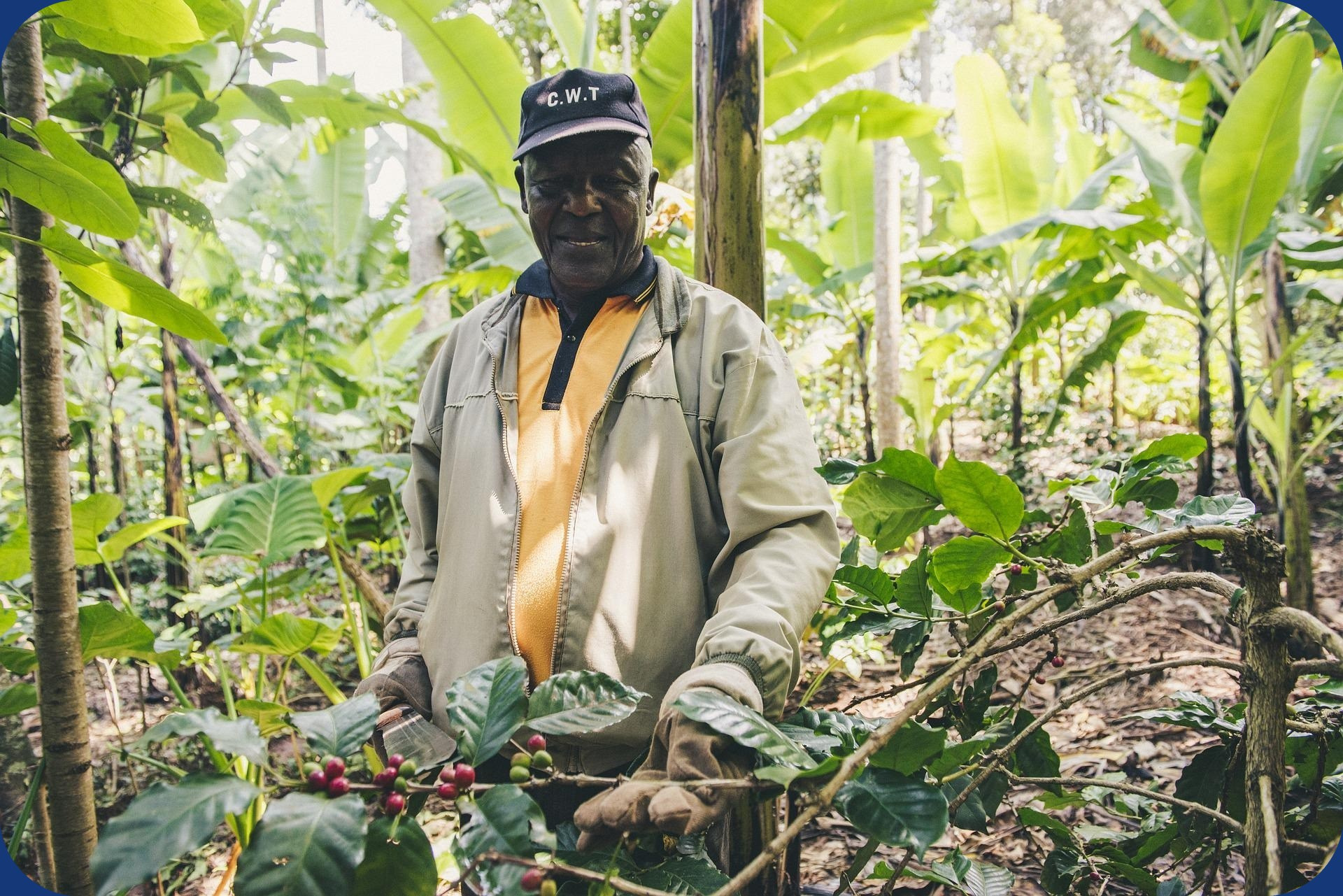Four billion conversations about
climate change
At CLEAR Global, we help people in climate emergencies get lifesaving information, whatever language they speak.
The problem: people need information to protect themselves from climate catastrophes
- Climate change disasters went up by 83% over the last 50 years, causing stark damage.
- Extreme weather harms agriculture, the economy, and people’s well-being. Vulnerable groups, such as people in poor health or with less resources, are particularly affected.
- Food insecurity has increased in the last six years, affecting 30% of the world population. Crop yields could decline by up to 30% by 2050, which would worsen the situation.

CLEAR Global’s solution
By providing climate change information in multiple formats and languages, CLEAR Global helps people understand climate change and the actions they can take to prepare and protect themselves.
Our language data and communication tools are used in emergencies to improve two-way communication between humanitarians and people affected by climate change disasters. This enables a more efficient crisis response, especially in linguistically diverse communities that are often most severely affected by weather pattern changes.

In the Americas, we deployed rapid response teams in several hurricane crisis situations. Over 100 people worked to translate 15,000 words of critical guidance on shelter management, storm preparedness, and relief into six languages.
In Nepal, our team worked 24/7 alongside first-response aid agencies to translate messages from people affected by the earthquake, moderate social media, translate first-aid documents, and transcribe videos to improve the response.
In Mozambique, after Cyclone Idai, we provided language support, including translation, language data, and maps. We provided critical information in several languages to help people learn how to protect themselves, find shelter, ask for additional support, and more.
CLEAR Global needs your help to
respond to climate change.